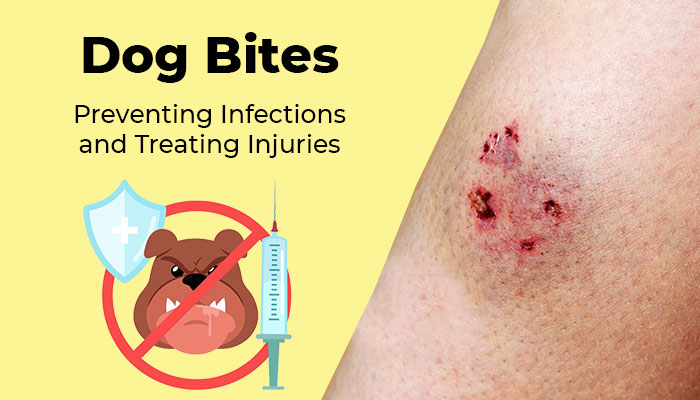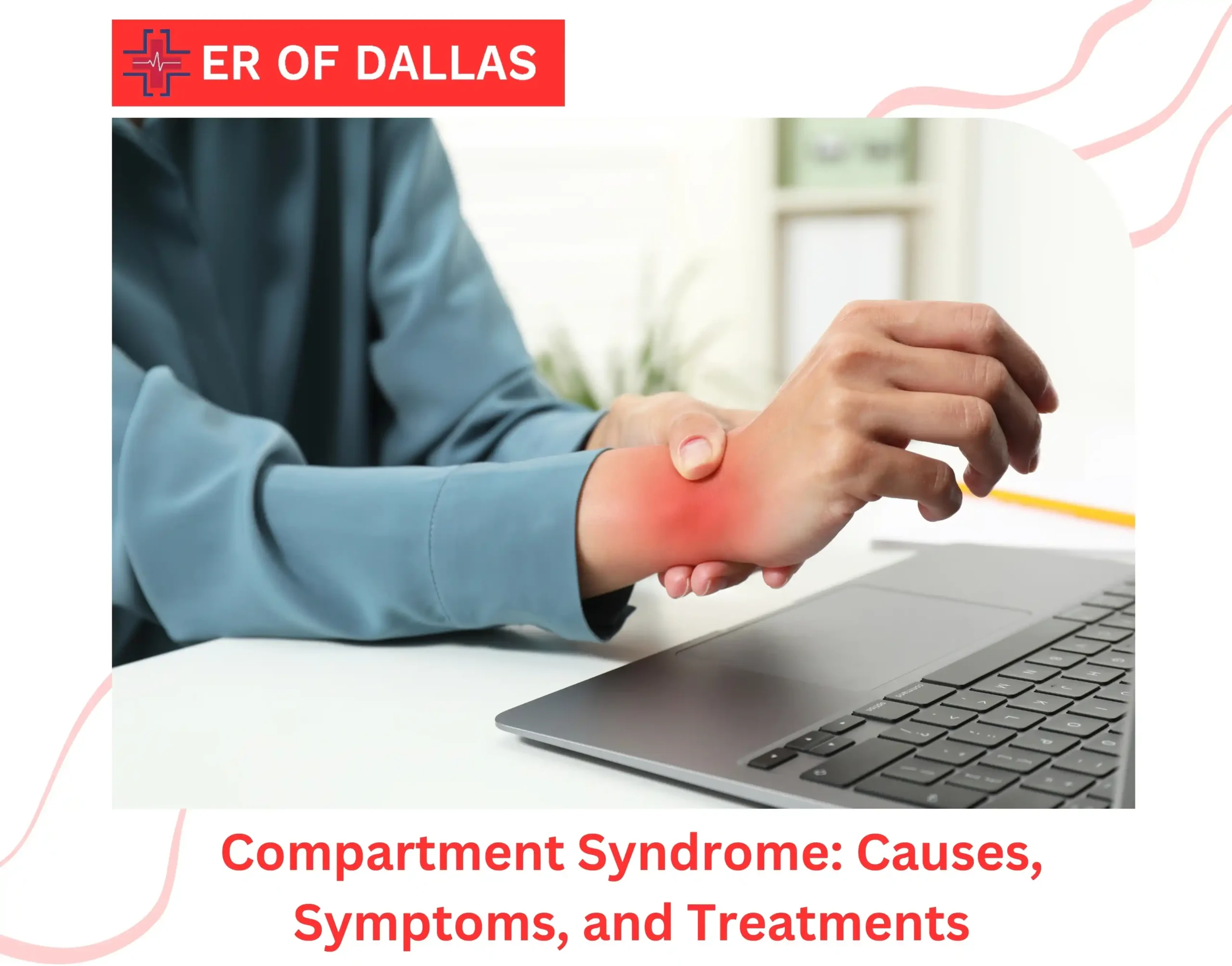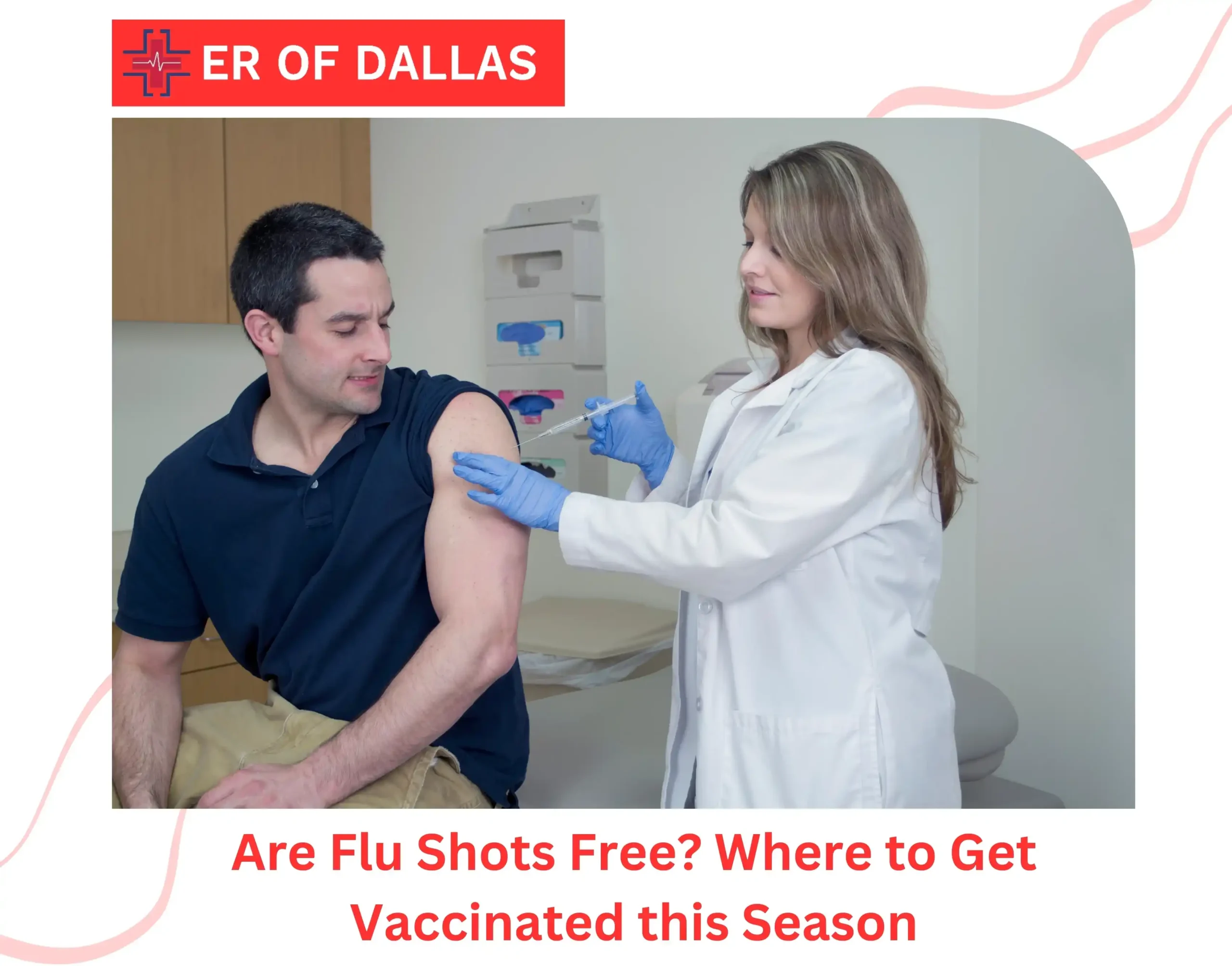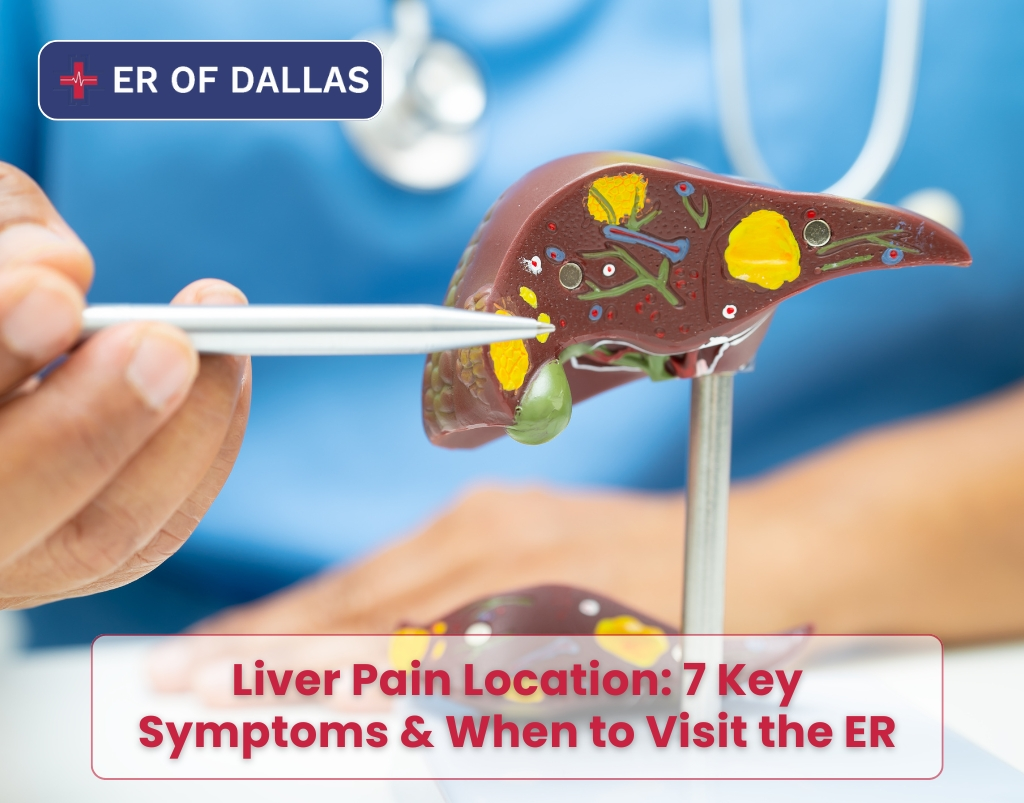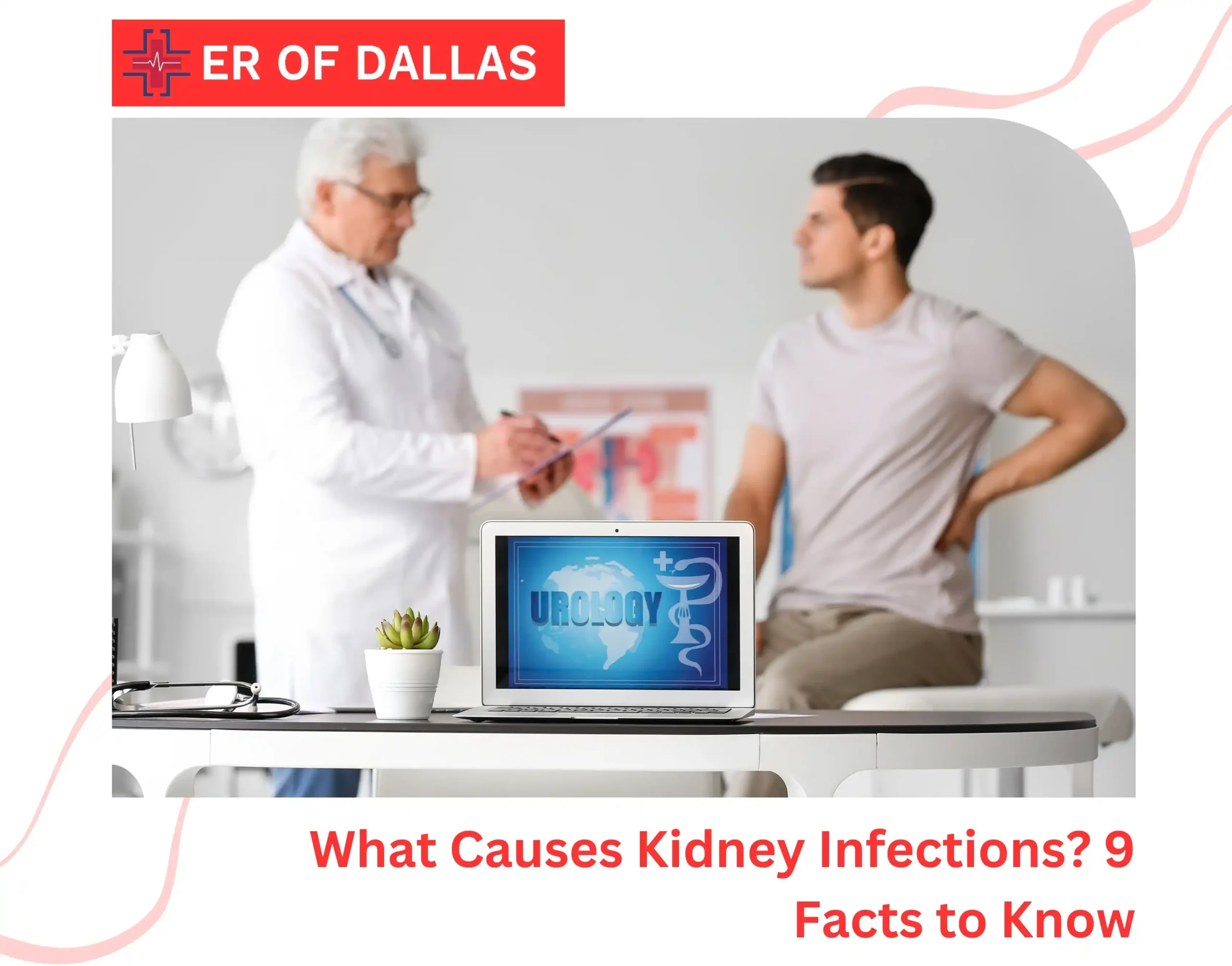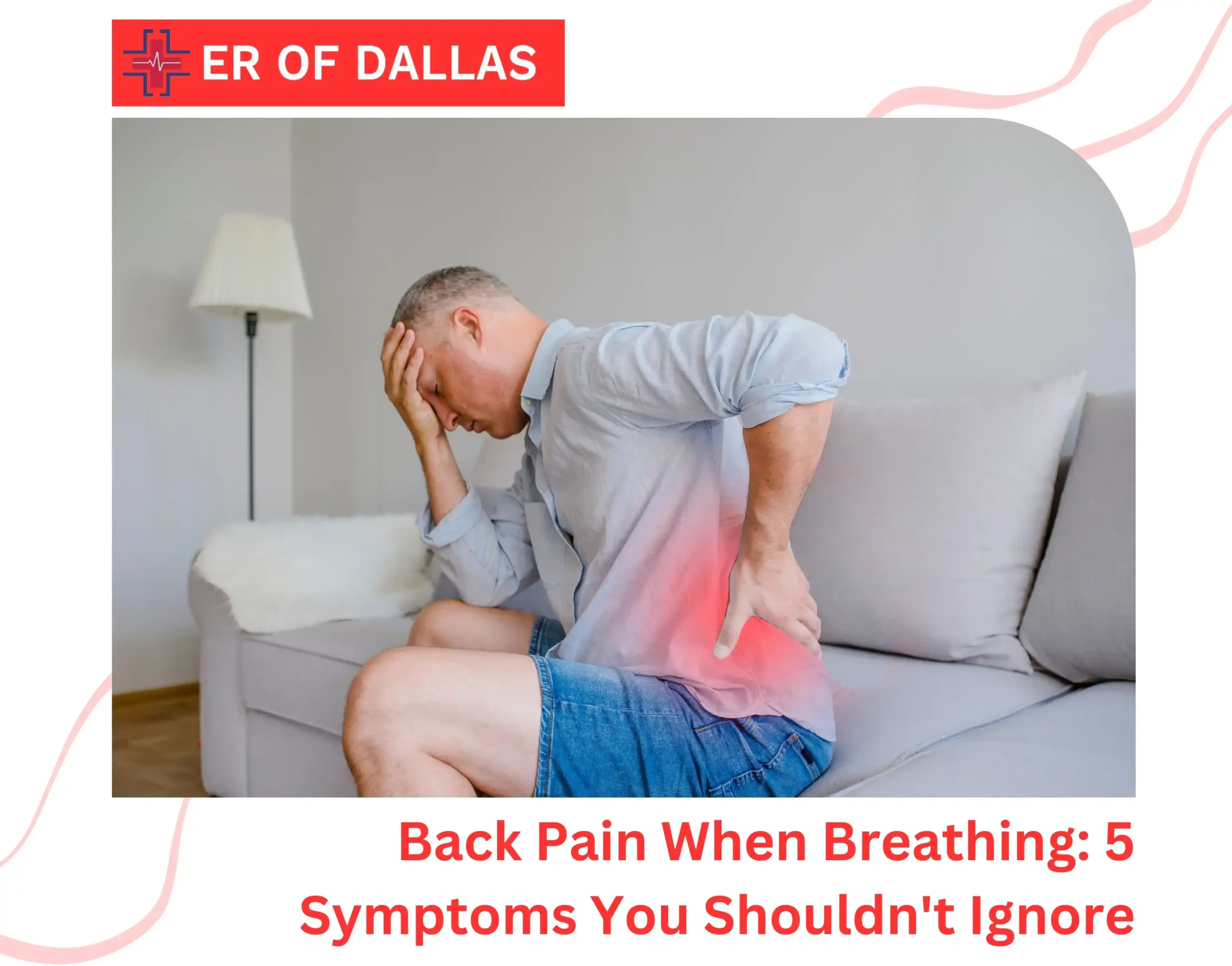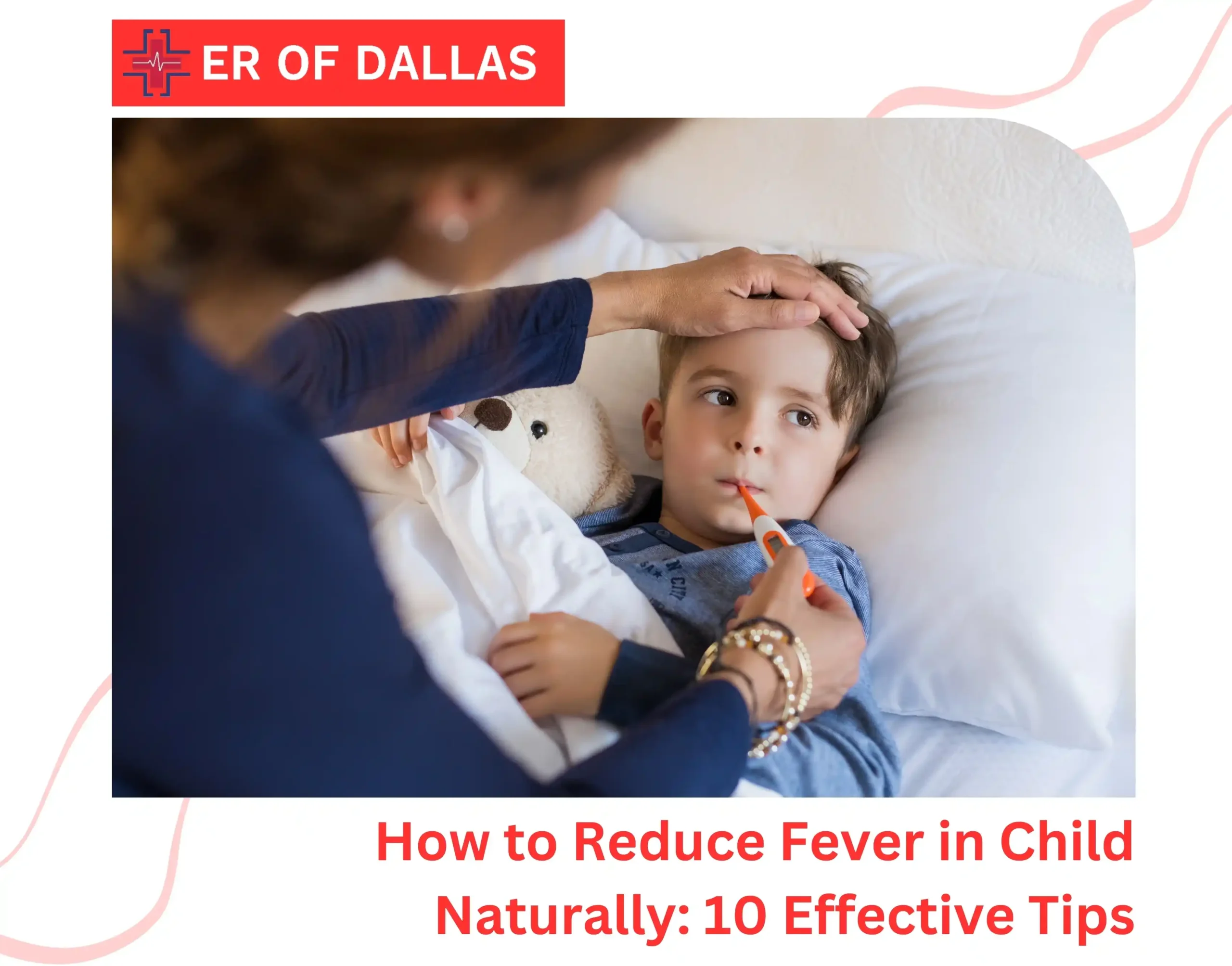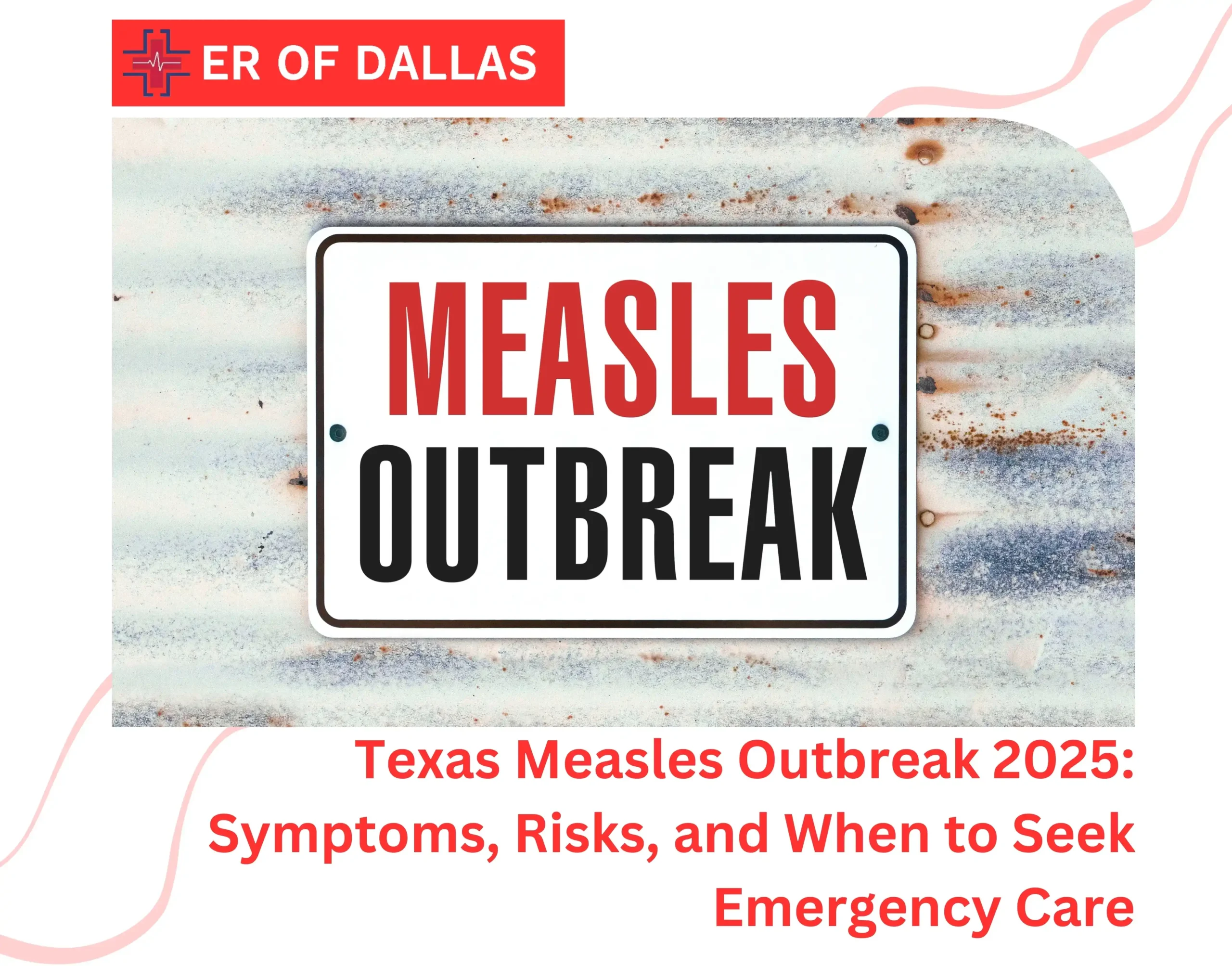Dog bites are a common occurrence, and while dogs are usually friendly, accidents can happen. When faced with a dog bite, knowing how to prevent infections and provide proper first aid is crucial. In this comprehensive guide, we will delve into the steps you should take when dealing with a dog bite to ensure a swift and safe recovery.
Understanding the Risks of Dog Bites
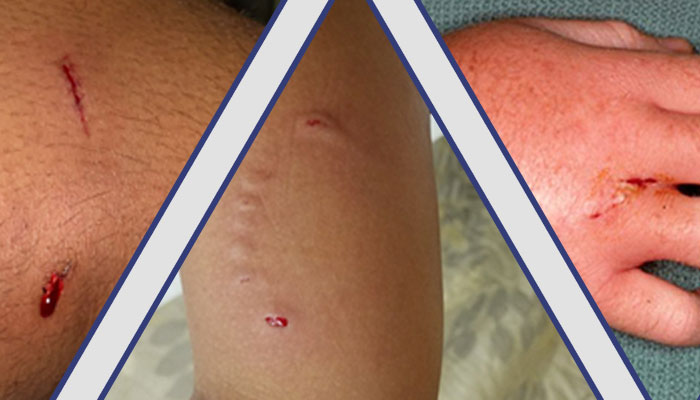
Understanding the risks associated with dog bites is the first step in preventing complications.
Risk Factors for Infections
- The severity of the Dog Bite: Assessing the severity of the dog bite is essential as more severe bites carry a higher risk of infection.
- Location of the Bite on the Body: Recognize that bites on the hands and face are more prone to infection due to the abundance of blood vessels.
Immediate Response to Dog Bites
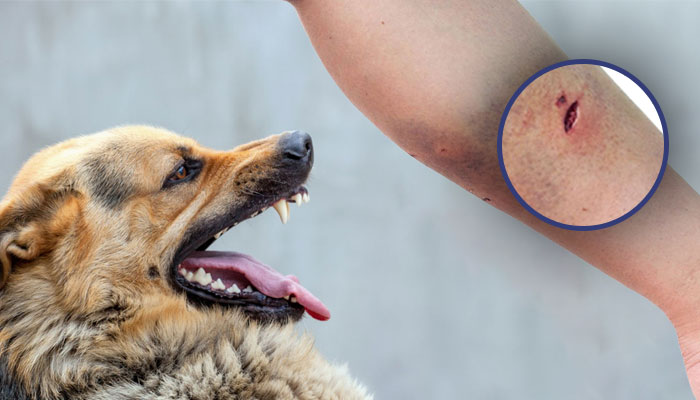
The initial response is critical in minimizing the risk of infection and ensuring proper care when a dog bites you or someone you know.
Cleaning the Wound Effectively
- Use Clean Water to Rinse the Dog Bite Wound: Rinse the wound thoroughly with clean, running water to remove dirt and debris.
- Application of Antiseptic Solution: Apply an antiseptic solution to the wound to kill bacteria and reduce the risk of infection.
Stopping Bleeding and Reducing Swelling
- Apply Pressure to Stop Bleeding: Use a clean cloth or bandage to apply gentle pressure to stop any bleeding.
- Elevate the Wound to Minimize Swelling: Elevating the wound can help reduce bleeding and minimize swelling.
Seeking Prompt Medical Attention
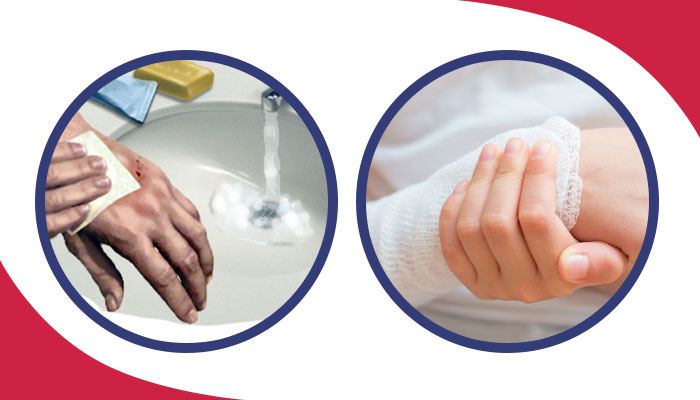
After administering immediate first aid, it’s essential to seek medical attention, especially for severe dog bites.
Tetanus Shot to Prevent Infections
- Assessing Tetanus Vaccination Status: Determine if the victim is up to date on their tetanus vaccinations.
- Getting a Tetanus Shot if Necessary: If not up to date, a tetanus shot may be necessary to prevent complications, including tetanus infection.
Prescribed Antibiotics for Infection Prevention
- Prescription of Antibiotics to Prevent Infections: A doctor may prescribe antibiotics to prevent or treat infections resulting from dog bites.
- Adherence to Medical Advice on Antibiotics: It’s crucial to follow the doctor’s instructions regarding antibiotic use to ensure a speedy recovery and infection prevention.
Preventing Infections After a Dog Bite
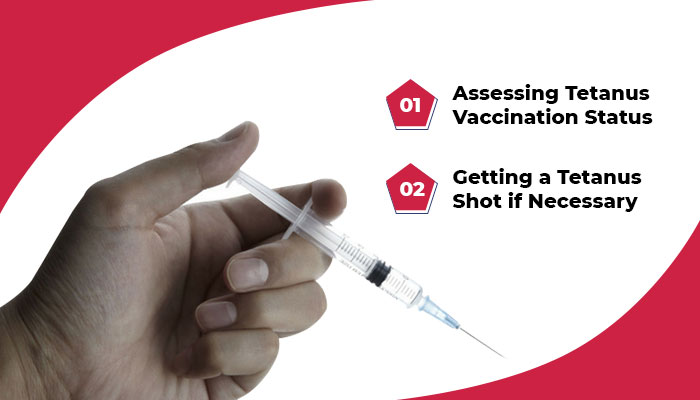
Taking proactive steps can significantly reduce the likelihood of complications resulting from dog bites.
Proper Wound Care to Avoid Infections
- Keep the Dog Bite Wound Clean and Dry: Clean the wound daily with soap and water, and ensure it remains dry to promote healing and minimize infection risk.
- Regular Bandage Changes: Replace bandages if they become wet or dirty to prevent infection.
Monitoring for Early Signs of Infection
- Watch for Signs of Infection After a Dog Bite: Monitor for signs such as fever, increased redness around the wound, swelling, and the presence of pus or discharge, as they may indicate infection.
- Seeking Prompt Medical Help: If any signs of infection appear, consult a doctor promptly to prevent further complications and ensure timely treatment.
Conclusion
In conclusion, understanding the risks associated with dog bites, providing immediate first aid, seeking medical attention when necessary, and practicing proper wound care are essential steps in preventing infections and treating injuries resulting from dog bites. By following these guidelines, you can ensure a safe and swift recovery.
FAQs About Dog Bites, Infections, and Treatment
Can I treat a dog bite at home without seeing a doctor?
While you can provide initial first aid, it’s essential to consult a doctor, especially for severe dog bites, to prevent infections and ensure proper care.
How long does it take for a dog bite to heal?
The healing time varies depending on the severity of the dog bite. Minor bites may heal within a week, while severe ones may take several weeks to recover fully.
Are all dog bites prone to infections?
No, not all dog bites lead to infections. Prompt cleaning and proper wound care significantly reduce the risk of infection.
What are the early signs of infection after a dog bite?
Early signs may include fever, increased redness, swelling, and the presence of pus or discharge from the wound.
Can antibiotics prevent infection after a dog bite?
Yes, prescribed antibiotics can help prevent or treat infections resulting from a dog bite when used as directed by a healthcare professional.

